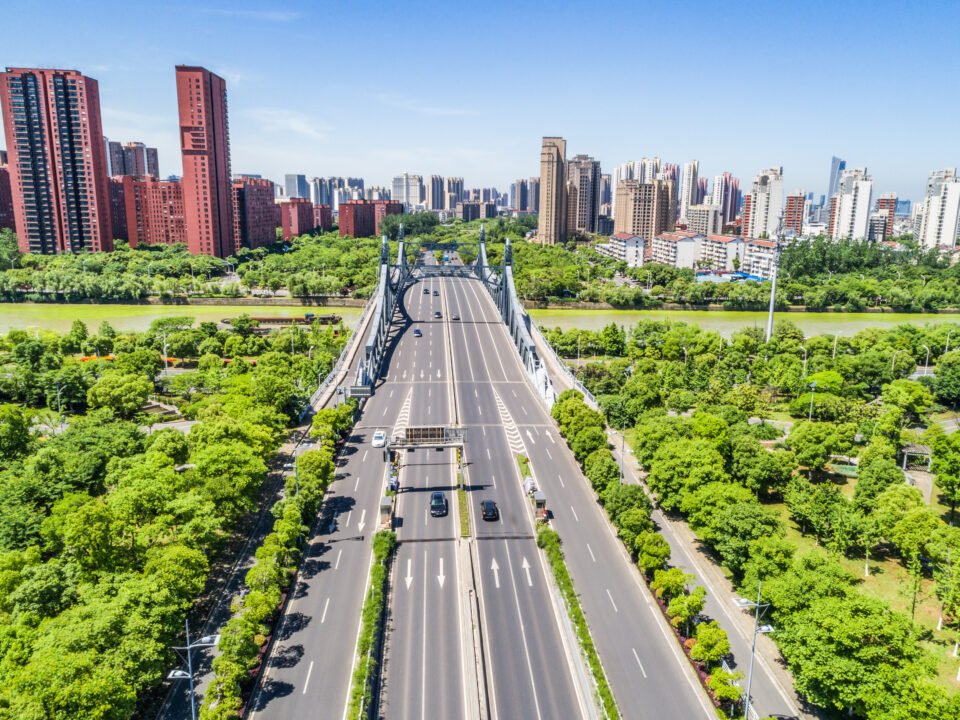Here are the schemes and subsidies issued by the Indian government that you can avail to harness Solar Energy
We all know that solar energy is the sunlight and heat from the sun which is then processed by solar power to generate electricity. But why do we need this solar energy? How can everyone harness solar power? What are the schemes and subsidies provided by the government? Read more to find out.
Importance of solar energy
Solar energy provides us with heat and light. It is a vast, inexhaustible resource. It is a cleaner
alternative to fossil fuels which create air and water pollution and contribute to global warming and climate change. It is better for the environment and ecosystem. However, not all can avail of solar panels to harness the solar energy as solar panels are not cost-effective so how do the government resolve this issue? And what are some disadvantages of solar energy?
Although there are various benefits of having a solar power plant, there are a few disadvantages as well. Firstly, during the rainy season, the efficiency of solar plants falls due to the blockage of sunlight as solar panels are dependent on sunlight. Moreover, solar energy
storage could be expensive as it has to be stored to work during the night. Furthermore, solar
PV panels use a lot of space on the roof which may lead to a constraint of space.
Subsidies and Schemes
The Indian government sets a target of achieving 10GW installments of solar panels every year (till 2030). The government has taken many initiatives such as any customer can install solar panels from any supplier and after installing they will send a picture of the solar panel
installment to the nearest electricity board. Subsidies are financial help or grants given by the
government.
For example, the government pays a 30% subsidy to the solar panel industry to reduce the
prices of solar panels. Different cities have different subsidy plans. For example, in Kerala, for
group housing society projects and a capacity of up to 500kW, the centre will provide a subsidy of 20%.
However, such subsidies could be wrongly used by the customers for their benefit. Schemes
such as channel partner benefits allow an employee to work with customers and the government for the process of customers gaining subsidies easily. Moreover, governments have made schemes such as at least 25 solar parks to be set up in 2014.
The government has also provided DISCOMS benefits, which is that the government can
provide more energy consumption in commercial areas due to low energy consumption in
residential areas. Due to this, customers receive financial aid, channel partners get new
customers and the government is one step closer to achieving its solar energy target.
Conclusion
To conclude, the government has consistently tried to increase awareness about solar panels by taking initiatives, providing subsidies, and different schemes. Due to the government’s constant effort, India is much cheaper as well efficient in the solar industry as compared to other countries. To know more about the help by the government in solar panels, be sure to get in touch with the Alfa Infraprop team.




